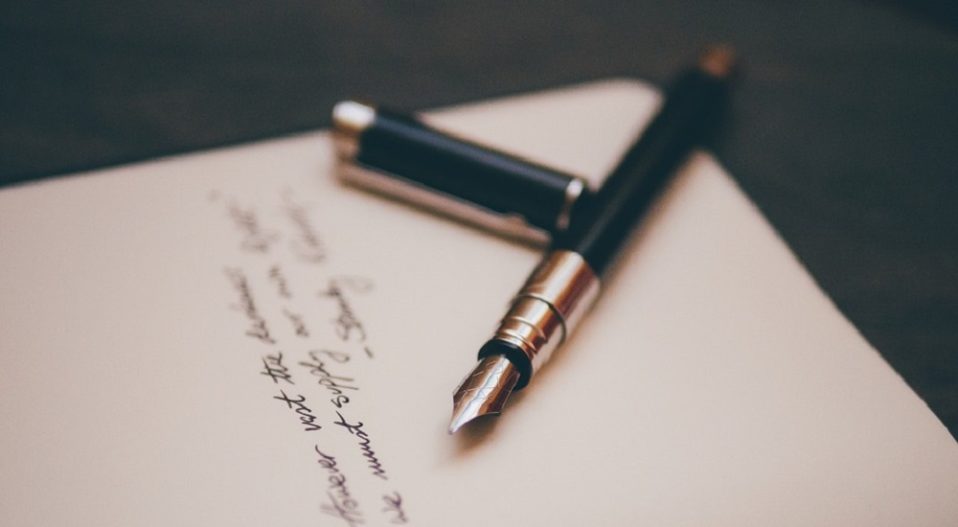Poetry is not inborn. Poetry is not hereditary and cannot be inherited. It does not flow in the gene or trait of any god-poet, assumed or established. Poetry does not compel poets nor does it dictate the frequency of their thoughts.
Poetry is as fluid as its meaning and components, as liquid as its concepts and patterns. It can be taught, learnt, created and recreated. It is life with a breath. Fire with a flame. Magic with a spell.
It is thus befuddling when people find it difficult to abide by the perspicuity of poetry. Whereas no art is as simple to teach, elementary to learn and very basic to comprehend than this art of simple ambiguous words.
The art of poetry is the look and sound of poetry. These two must be well versed with if poetry is anything to compromise. An altered word may not be too significant a change in how a work looks, but it does usually not feel right and may mean a total alteration of a work when thoroughly processed.
Poets relish in distinct looks and sounds as they find themselves creatively stretching, largely influenced by muse. This relish may be said to be the yardstick for literary explosiveness and acclaims in varying degrees.
It is then not uncommon that poets appraise their muse more as less as they do poetry.
A large chunk of us believe poetry is judged by the extent at which a muse births distinct sounds and looks that make up a piece of art. To us, muse is the primary, poetry is the secondary.
Muse is the cowboy, poetry is the cow.
But this is not always true. A conviction as this has a way of making writer’s block out of malleable creativity as we are most times found driven by the urge to be inspired than the passion for poetry itself. This mindset has likewise led to poets harbouring a shrine for their muse than for their mystery as a person.
A muse is an artificial intelligence with a mind infused and a spirit invigorated. It is an abstraction of one’s own labyrinth thoughts that can be suspended at will and reignited at demands.
A muse cannot stand on its own. Reasons why it does not drive a poet and shouldn’t be waited upon before poetry can be realised.
How a muse is pure happenstance owes much to the keenness of the mind towards making amazons out of pygmies. I mean, a masterpiece is a function of the mind’s submissiveness to the dynamics of life. For it is thus a thing can be seen not with the eyes and felt not with apparent senses.
Poetry and muse are usually two dependable elements. However, poetry upholds its esotericism when it can be realised without necessarily being inspired. Poetry at its beauty and rawest form is that we feel forming an abstraction in our minds. This abstract at times we regard as inspiration or motivation whereas it is poetry waiting to feel the colours of their tongues and the leather of their phantom skins. When muse comes as an inspiration, it comes formless and inchoate in the mind, thereby demanding for more rites and sacrifices for its totality as poetry.
Poetry on the other hand may be the output of well motivated fragment thoughts as muse or the spontaneity of an abstract totality in the mind which may be too obscure to discern. Not many poets find this discerning since both elements exist in the mind with no expounded features.
Therefore the esotericism of poetry goes beyond the muse, the mind and even the poets themselves.




